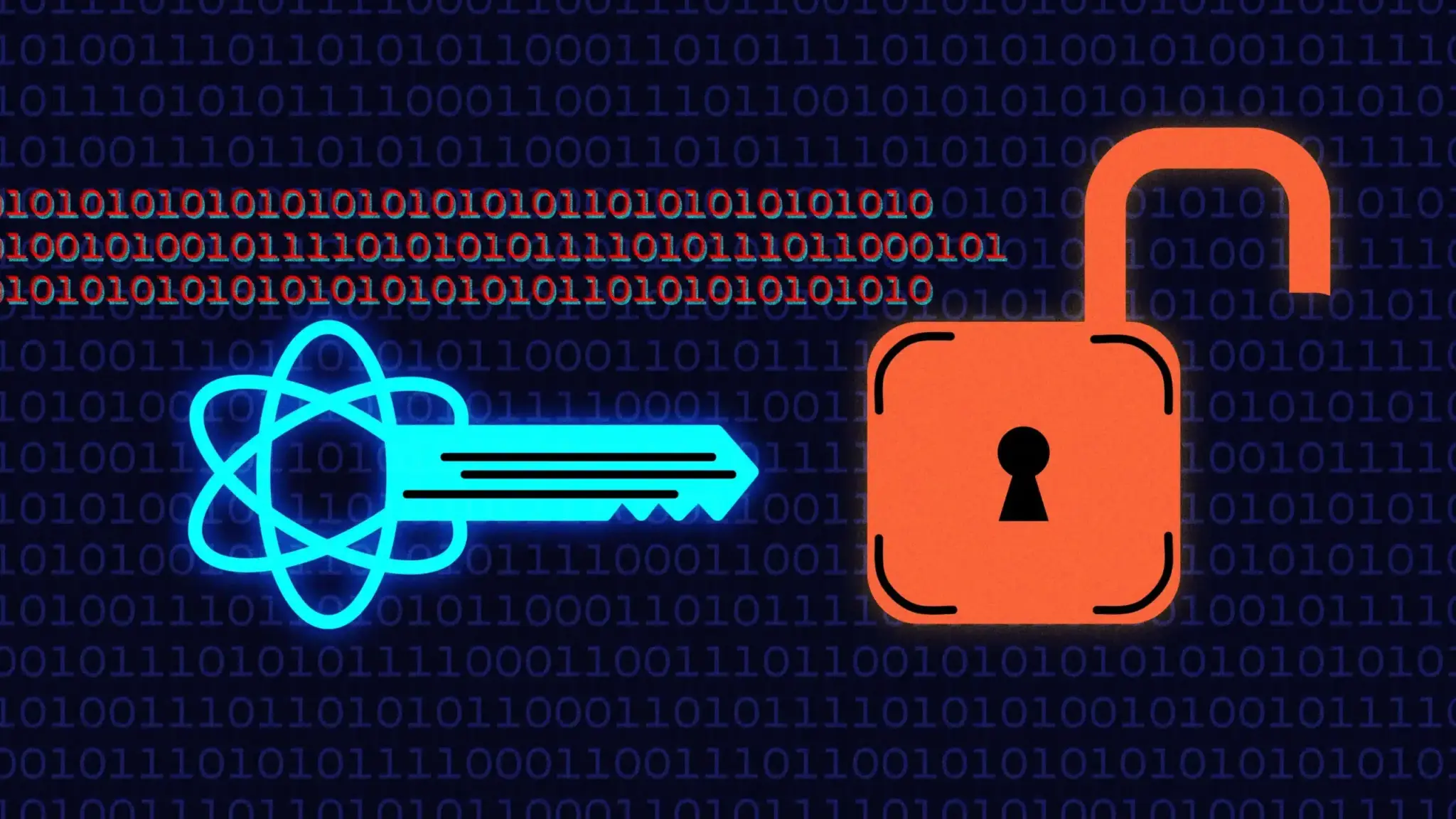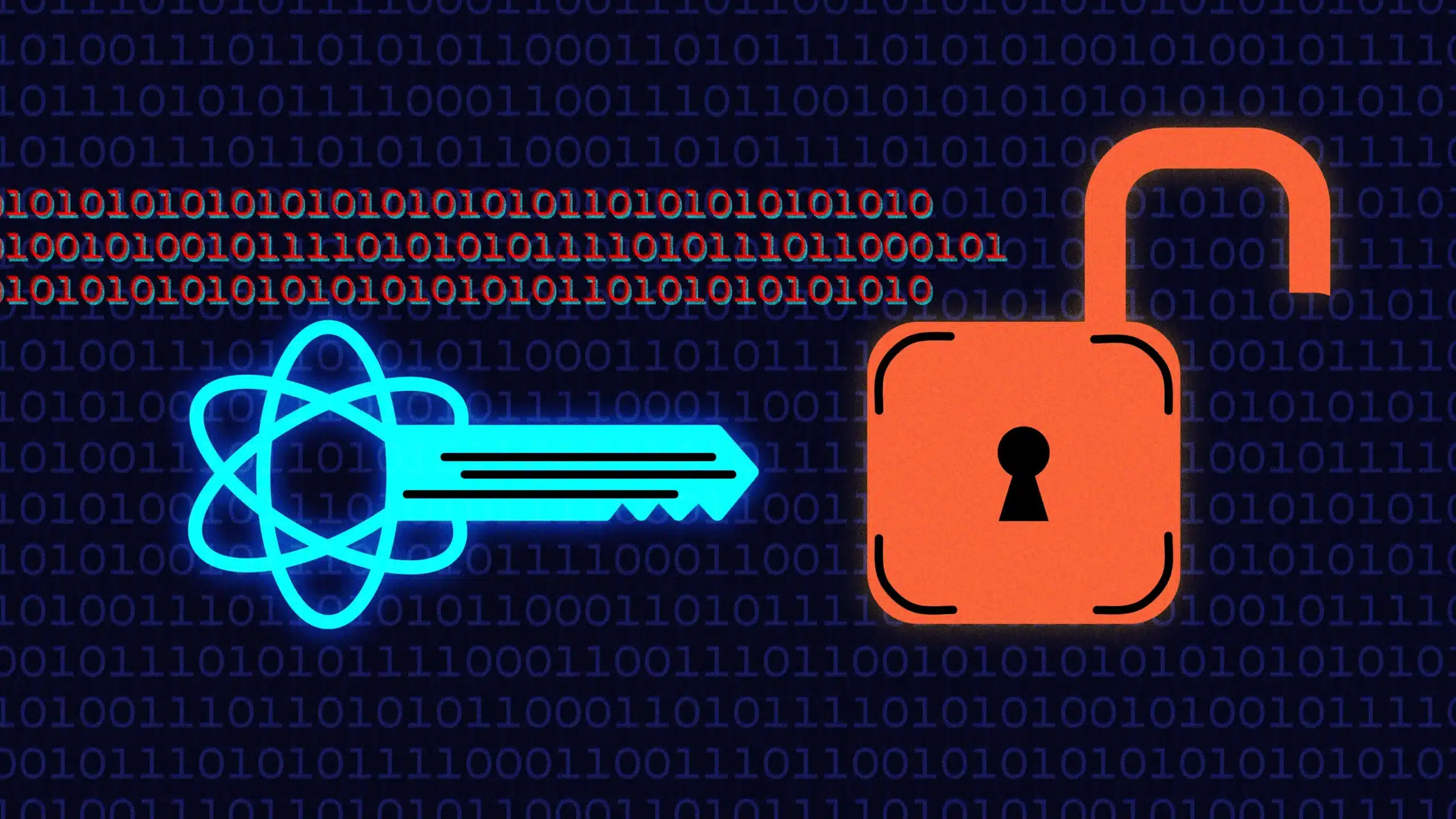Apple has announced a substantial security upgrade to its iMessage platform, designed to protect user communications even in the face of the “quantum apocalypse” – the potential era when quantum computers could render many of today’s encryption standards obsolete.
Key Highlights
- Quantum-resistant security: Apple introduces new algorithms designed to be unbreakable even by powerful quantum computers.
- Not just future-proofing: Protects against “harvest now, decrypt later” attacks where encrypted data is stored for future decryption.
- Ahead of the curve: Apple bolsters iMessage’s already strong security with this pre-emptive measure.
- Rollout: The update is in beta testing now and will be included in upcoming iOS, iPadOS, macOS, and watchOS releases.
Why iMessage’s Upgrade Matters
Currently, iMessage utilizes standard encryption methods that rely on complex mathematical problems today’s computers can’t easily solve. However, quantum computers – still in development but rapidly advancing – could easily defeat these classical encryption methods.
Apple is tackling this head-on with a new approach called post-quantum cryptography (PQC). The underlying algorithms in PQC are built to resist attacks even from the powerful quantum computers of the future.
Protecting Today’s Messages for Tomorrow
Beyond the immediate threat of quantum computing, the iMessage update aims to prevent what are called “harvest now, decrypt later” attacks. Bad actors could intercept and store encrypted iMessage data today, waiting until sufficiently advanced quantum computers exist to break the encryption. Apple’s update mitigates this threat, ensuring even old messages won’t be vulnerable later.
Technical Details
- Specific algorithms: Mention the name of the post-quantum cryptography algorithm Apple has chosen to implement (e.g., CRYSTALS-Kyber). A brief sentence explaining the basics of its strengths is helpful for tech-savvy readers.
- Compatibility: Address if the upgrade will require action from users to adopt the new encryption or if it will be seamless.
Industry Context
- NIST standardization: Discuss the role of the National Institute of Standards and Technology (NIST) in finalizing standards for post-quantum cryptography and how Apple’s move aligns or differs from that direction.
- Competitors: Briefly mention whether similar proactive measures are being considered by other major messaging platforms like WhatsApp and Signal.
Apple’s Commitment to User Privacy
Apple is known for taking a privacy-first approach to its products and services. This major upgrade to iMessage security reflects a determination to stay ahead of potential threats and maintain the integrity of user communication for years to come.
Industry Context
Apple’s proactive upgrade aligns with the broader push to standardize post-quantum cryptography. The National Institute of Standards and Technology (NIST) is spearheading this effort, with Apple likely implementing one of the NIST-approved algorithms. While it remains to be seen if competitors like WhatsApp or Signal will follow suit, Apple’s move could set a precedent for proactive security across the industry.
When to Expect the Update
The post-quantum cryptography features are currently in beta testing within iMessage. Apple has indicated that these enhancements will arrive in public updates to iOS, iPadOS, macOS, and watchOS later this year.
While the immediate benefits of Apple’s security update may not be obvious to everyday users, the move demonstrates a commendable long-term vision. Threats to digital security are ever-evolving, and Apple’s commitment to proactively addressing these concerns before they become mainstream problems sets a positive and responsible precedent for the entire tech industry.



















